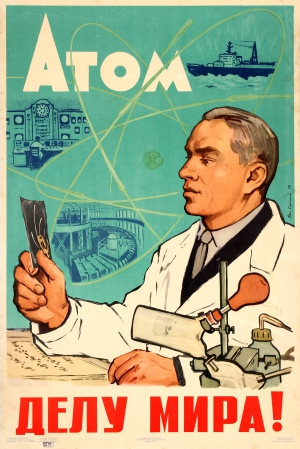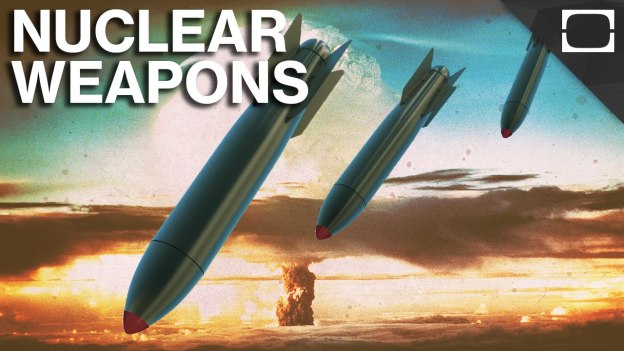[D]espite the establishment in 2009 of [a process to] discuss multilateral disarmament, not much has happened. The main reason is the chilling of relations between Russia and the West, which predated Russia’s annexation of Crimea. An offer by Mr Obama in 2013 of new negotiations to reduce each side’s stock of warheads by a third was met with stony silence.
More recently Russia has, according to America, violated both the 1987 Intermediate Nuclear Forces treaty, by testing a banned missile, and the Budapest Memorandum of 1994 that guaranteed Ukraine’s security when it gave up the nuclear weapons it had inherited on the break-up of the Soviet Union. The Russians are also refusing to attend next year’s Nuclear Security Summit, a meeting to prevent fissile material falling into the wrong hands.
Without further cuts in American and Russian nuclear forces (which account for more than 90% of the world’s nuclear weapons), China, the most opaque of the P5 power (US, UK, Russia, China, France), will block attempts to get multilateral disarmament talks going. However, Rose Gottemoeller, America’s under-secretary of state for arms control, praises China for its leading role in producing a common glossary of nuclear terminology. This may not sound much, but it is seen within the P5 as essential for future negotiations.
Ms Gottemoeller is also keen to stress that, despite the Russian impasse, America has tried to meet its obligations. It is eliminating “excess” warheads at the rate of almost one a day and closing down old bits of nuclear infrastructure. …It is doubtful whether these modest, incremental efforts will cut much ice with the Humanitarian Impacts of Nuclear Weapons Initiative, a movement supported by civil-society groups and championed by Austria, Norway and Mexico. Faced with what they see as foot-dragging by the P5 (which are modernising their nuclear forces to maintain their long-term effectiveness), the initiative’s backers, some of which want to make nuclear weapons illegal, may question whether working through the NPT serves any purpose…
Another source of friction is the failure to hold the conference on creating a WMD-free zone in the Middle East that was promised in 2010. Israel,…insists that regional security arrangements must precede any talks on disarmament, whereas Egypt says the first step is for Israel to accede to the NPT—a non-starter.
Excerpts from Nuclear weapons: Fractious, divided but still essential, Economist, May 2, 2015, at 54

